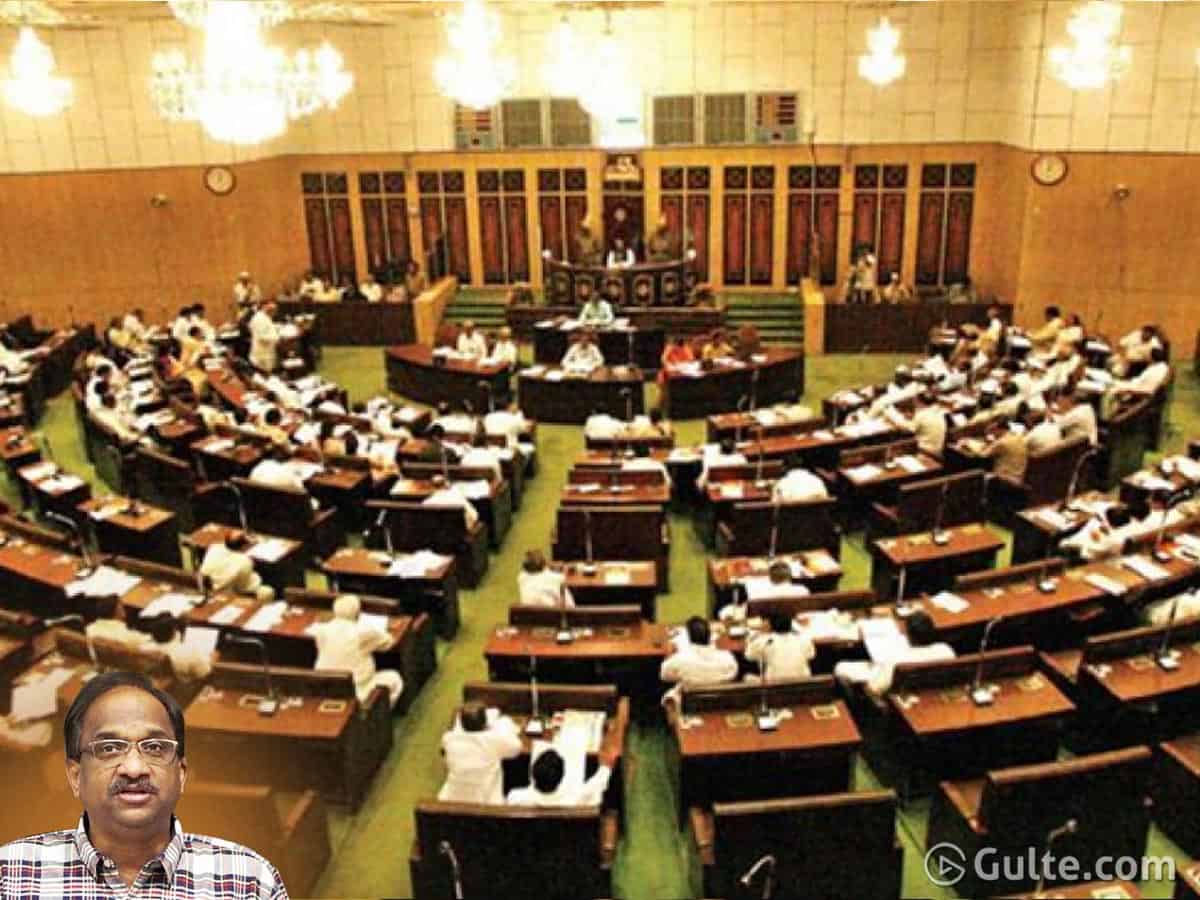Elections for two seats each in the Legislative Council of Telangana and Andhra Pradesh are to be held in March 2021. This raises the debate on the relevance of a second chamber in the state Legislature. More recently, Andhra Pradesh state Assembly passed a resolution to abrogate the Legislative Council in the state. The Parliament is yet to take a call on it.
In the bicameral parliamentary democracy, the legislature, both at the center and state level, have two houses. The upper house, popularly called as house of elders at the state level, is called the legislative council. There is a significant difference between Rajya Sabha and the state legislature. Rajya Sabha is called house of states as it is supposed to represent the federal concerns.
The legislative Assembly of a state has the freedom to have or not to have an upper house, provided the Parliament legislates to that effect. In fact several states do not have such houses.
The Legislative Council have a specific role in parliamentary democracy. It has members elected separately from Assembly, local bodies, graduates and teachers. This gives diversity to the process of legislation making. Though Constitution accords paramount powers to state assembly as it is elected directly by the people, the legislative councils have a specific role to perform.
The Assembly is dominated by competing politics. Often laws are passed under political experience. A non-partisan closer scrutiny of laws free from political dust and din is the legislative council’s responsibility. Of course, the contemporary polity is laying to rest this noble vision of the founding fathers of Constitution in providing for the second chamber of legislature.
The political parties have of late transformed the upper houses into rehabilitation centers for the politically unemployed. Such a trend converts the upper house into a political prototype of the lower house, thus questioning its basic purpose.
The erosion of basic vision does not illegitimise existence of legislative council. The laws and the policies have a far reaching impact on the lives of the people. Participatory democracy envisages a wider perusal of such laws and policies in the larger interest of the people.
By – Prof K Nageshwar
For Prof K Nageshwar’s views please subscribe to
Telugu Videos: | English Videos:
Tags Assembly India MLC Politics Prof K Nageshwar
 Gulte Movie News And Politics
Gulte Movie News And Politics

















